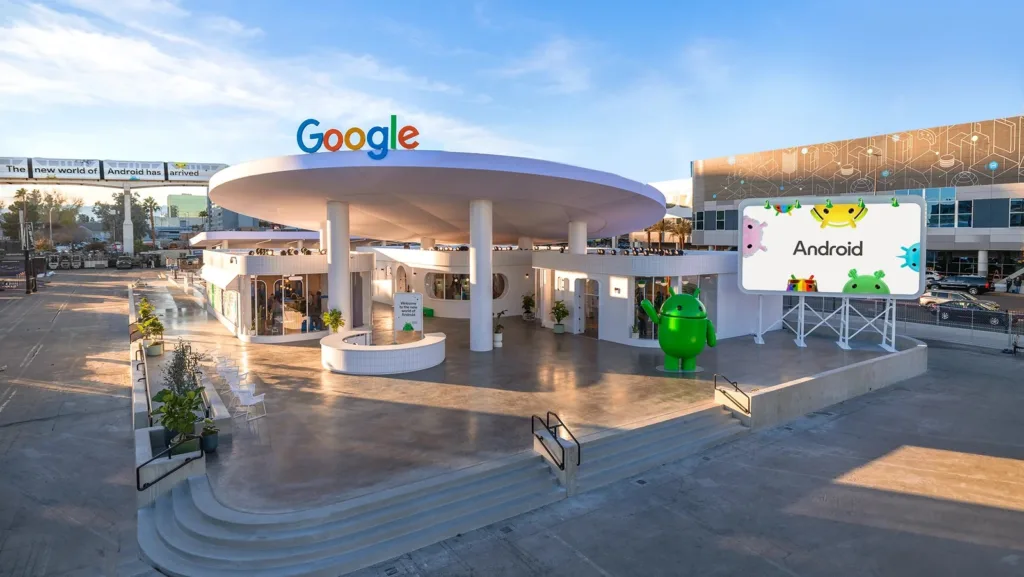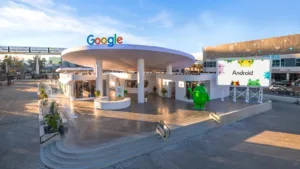Google was at CES 2024 with its Android Experience setup taking over a big chunk of the front of the Las Vegas Convention Center’s west side. There were numerous announcements by the company but a few that tied-in directly with LG seem of note.

- Fast Pair Support for Google TV: Fast Pair support will be extended to Chromecast with Google TV within the next month, and later to more Google TV devices. This feature allows users to quickly pair Bluetooth accessories like headphones or speakers with their devices. Among the first companies to announce compatibility were Samsung and LG, although it seems likely that this feature extends across the whole of the Google TV ecosystem.
- Chromecast Built-in in LG TVs: Google’s Chromecast technology, which now includes TikTok casting capabilities, will be built into the 2024 LG TV series. Additionally, Chromecast built-in will be extended to LG Hospitality and Healthcare, allowing users to enjoy streaming content on LG TVs in various settings which I assume means at hotels and in meeting rooms.
- Matter Compatibility in LG TVs: In the future, LG TVs and select Google TV and other Android TV OS devices will act as hubs for Google Home, supporting the Matter standard. This move aims to create greater interoperability between smart home devices from different companies. The idea is that with Matter, you could buy a smart home device from any brand and be confident that it will work seamlessly with other devices in your home, as well as with Google products like the Nest Hub and Google Home.
It looks like we should expect LG TV’s 2024 lineup, and future iterations of its TVs, to be more aligned with the notion of being a central hub interface for the home. The possibilities are exciting, but it is early days before we know how effective this push for interoperability turn out to be.
For example, while Samsung’s advancements at CES 2024 focused primarily on AI-enhanced visual displays and user experiences, they parallel LG and Google’s efforts in terms of the overarching trends in consumer electronics. While both Samsung and LG are incorporating advanced AI technologies into their products, Samsung’s focus is on visual display enhancements, using their NQ8 AI Gen 3 processor to upscale content to 8K and improve the viewing experience. However, Samsung’s advancements in AI and its Tizen OS Home aim to provide a more personalized and integrated user experience. This is in line with Google and LG’s efforts to enhance interoperability across devices, yet, given its push – and the specter of Apple going it alone, too – you have to wonder whether Matter is going to end up being dominated by Android devices while the competition pursues its own, proprietary approaches to lock in its software ecosystems.

